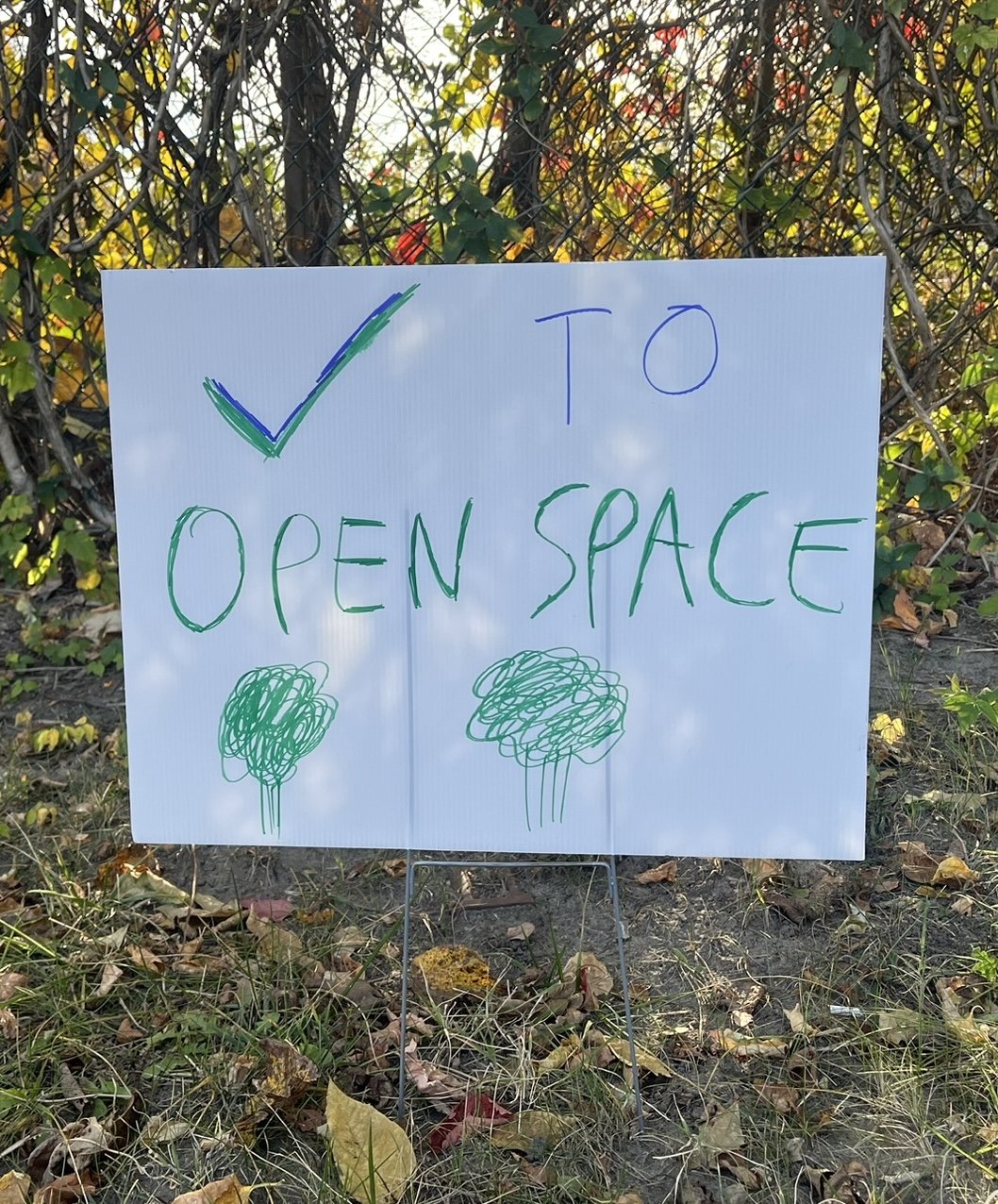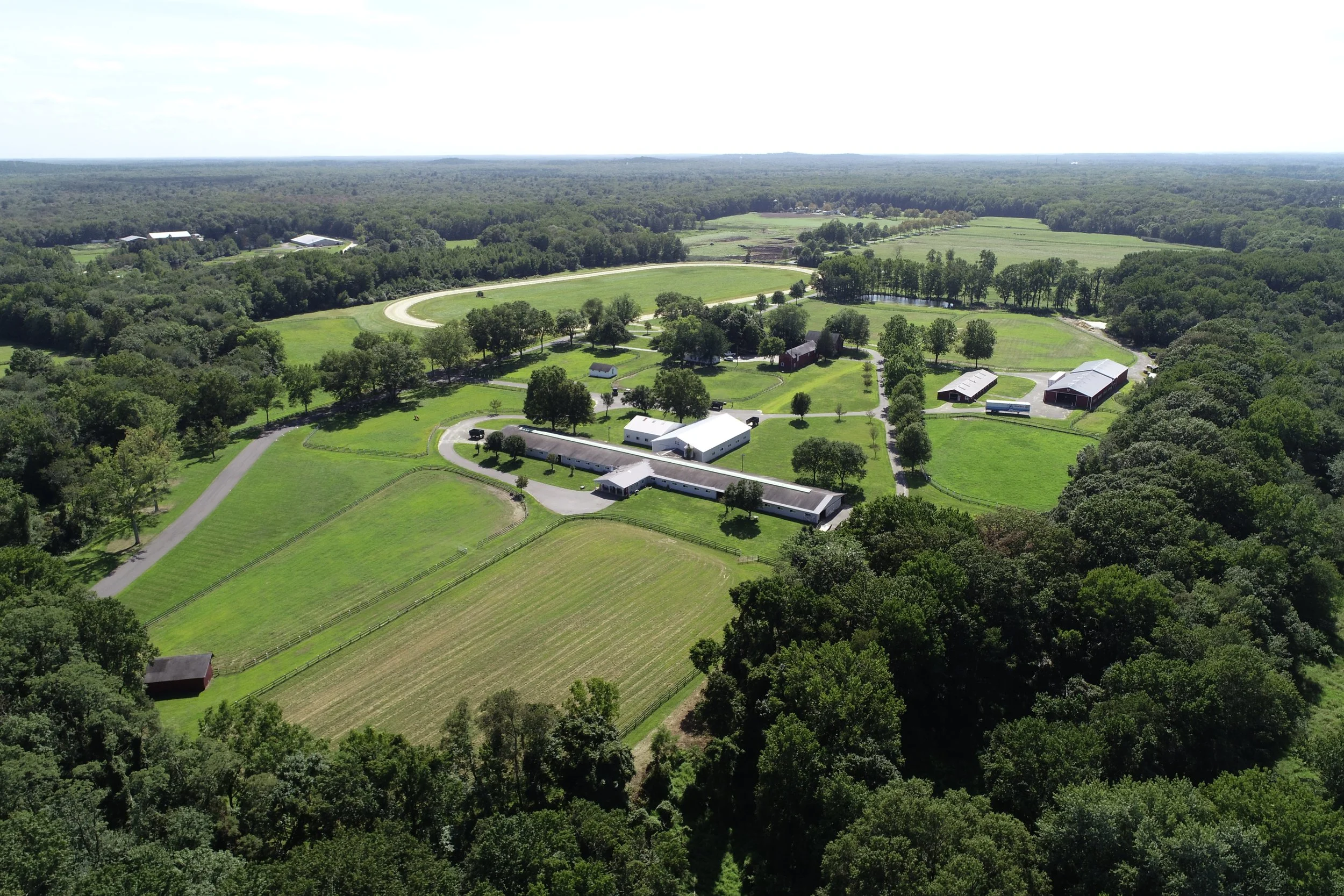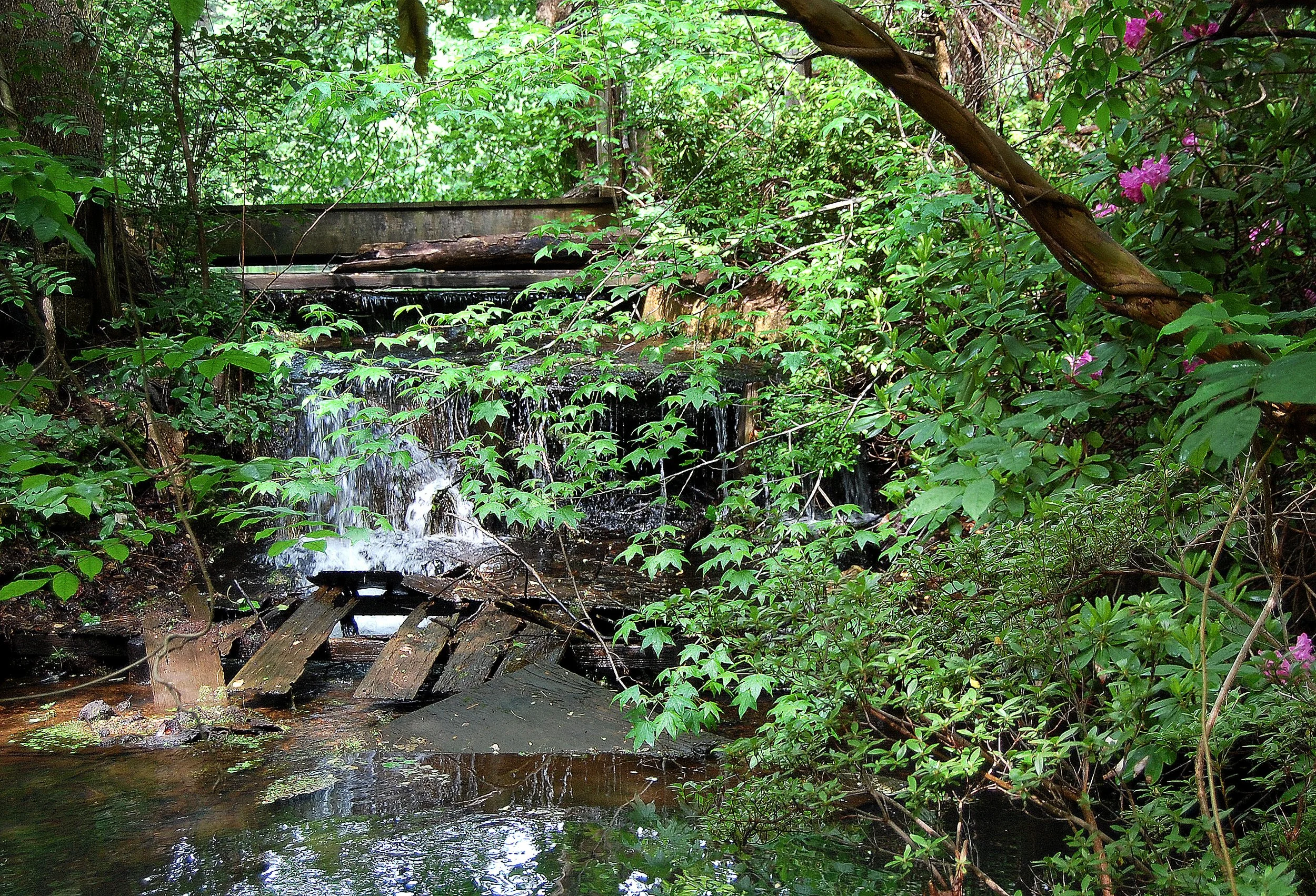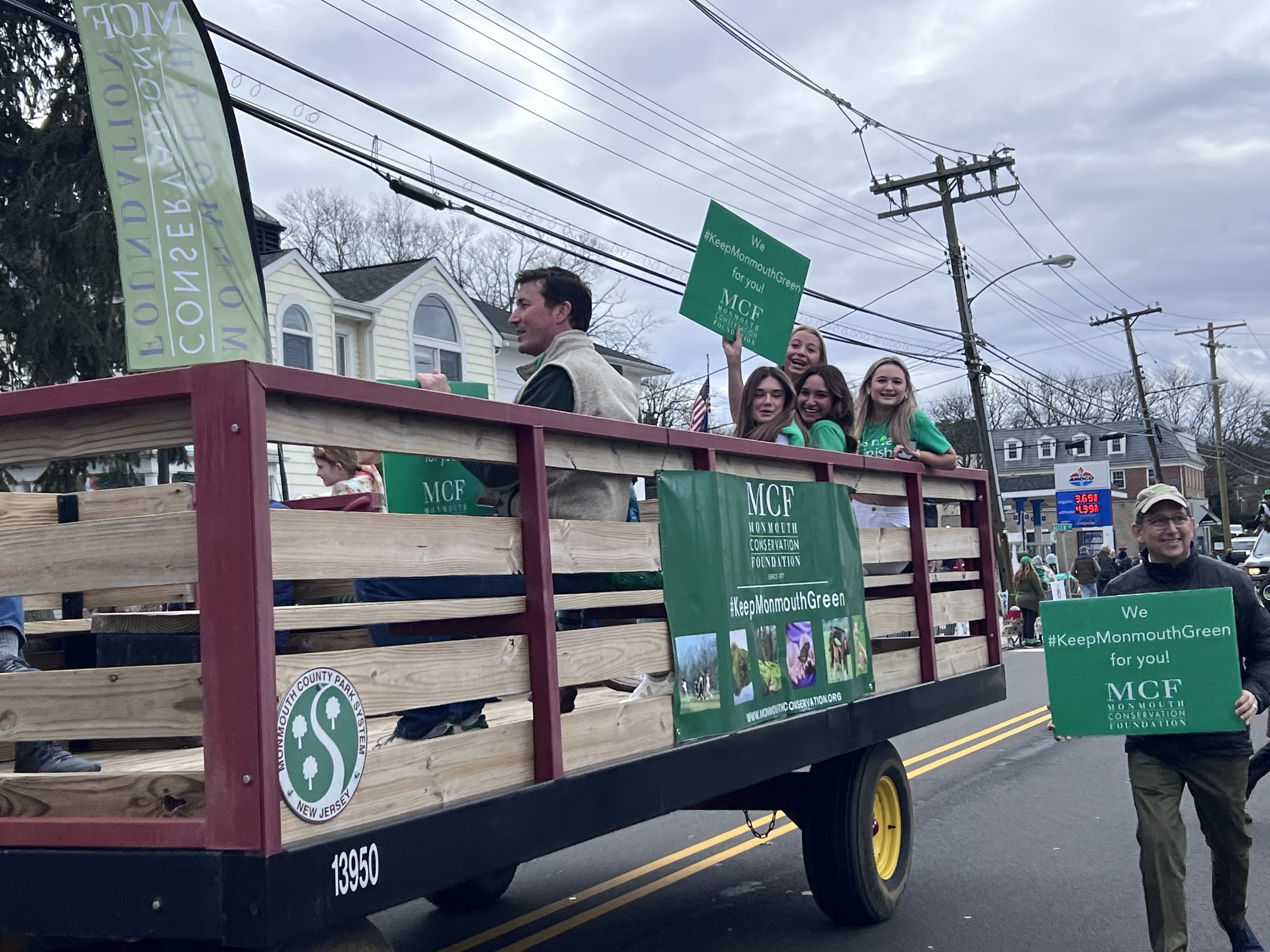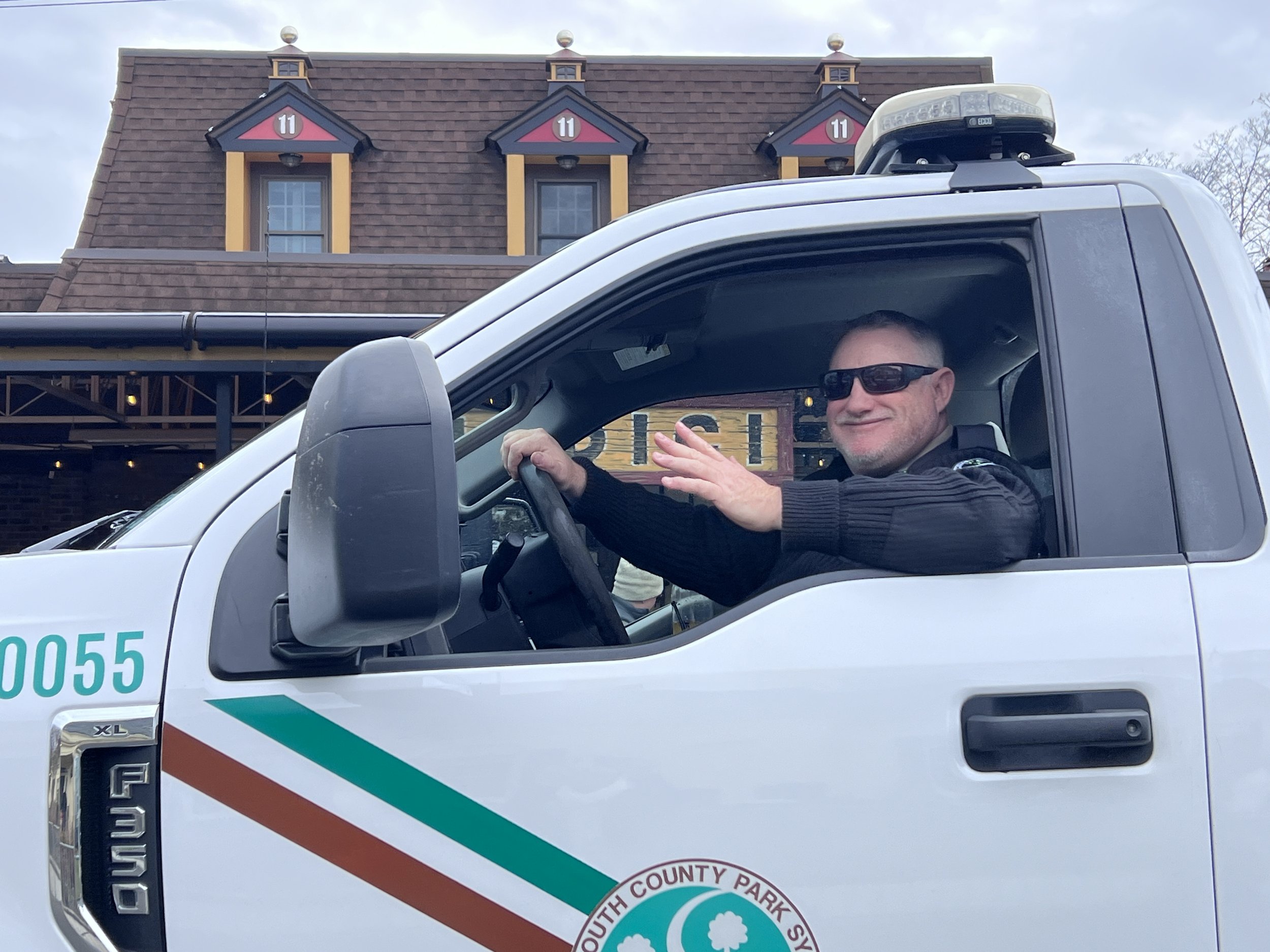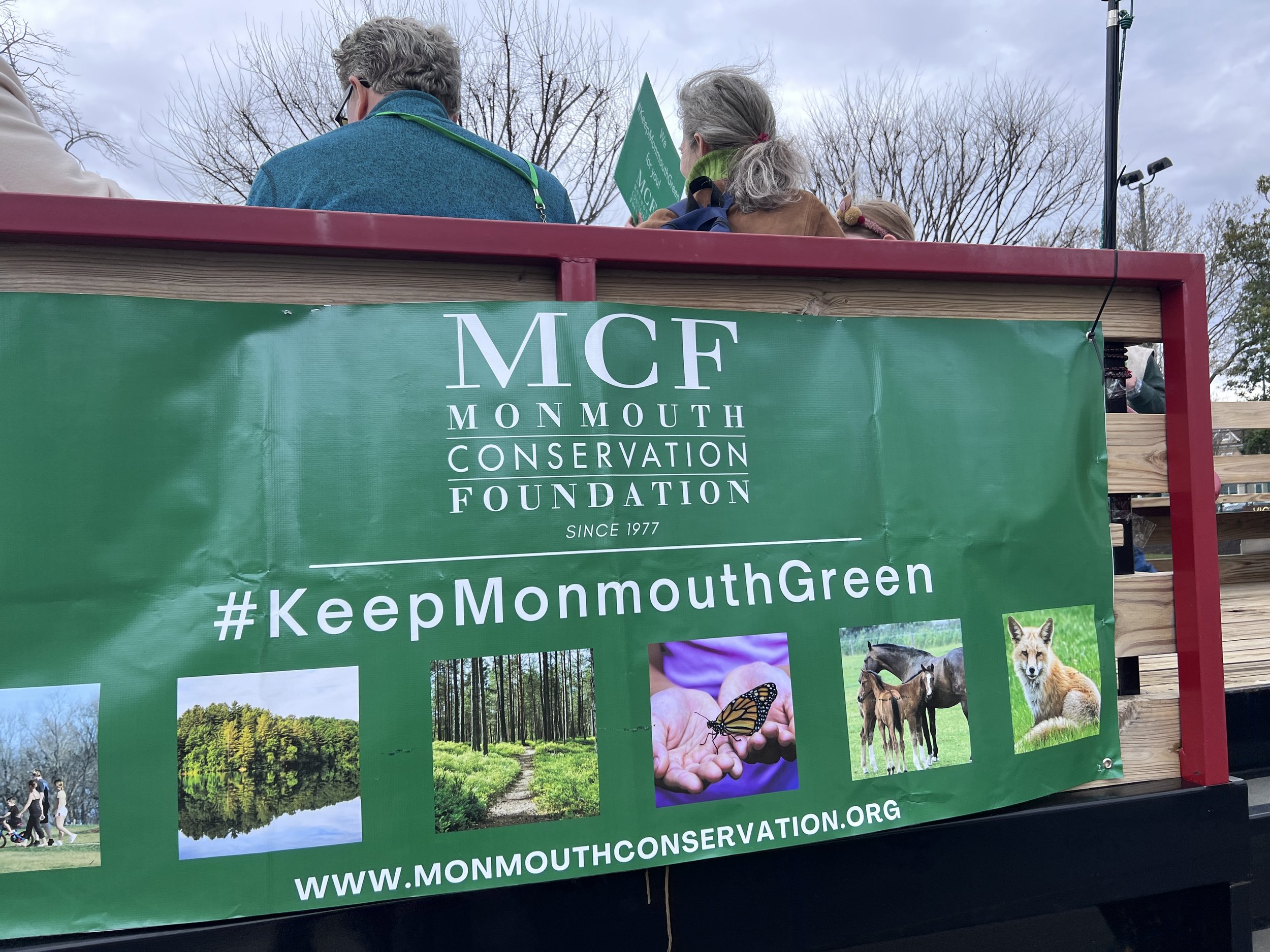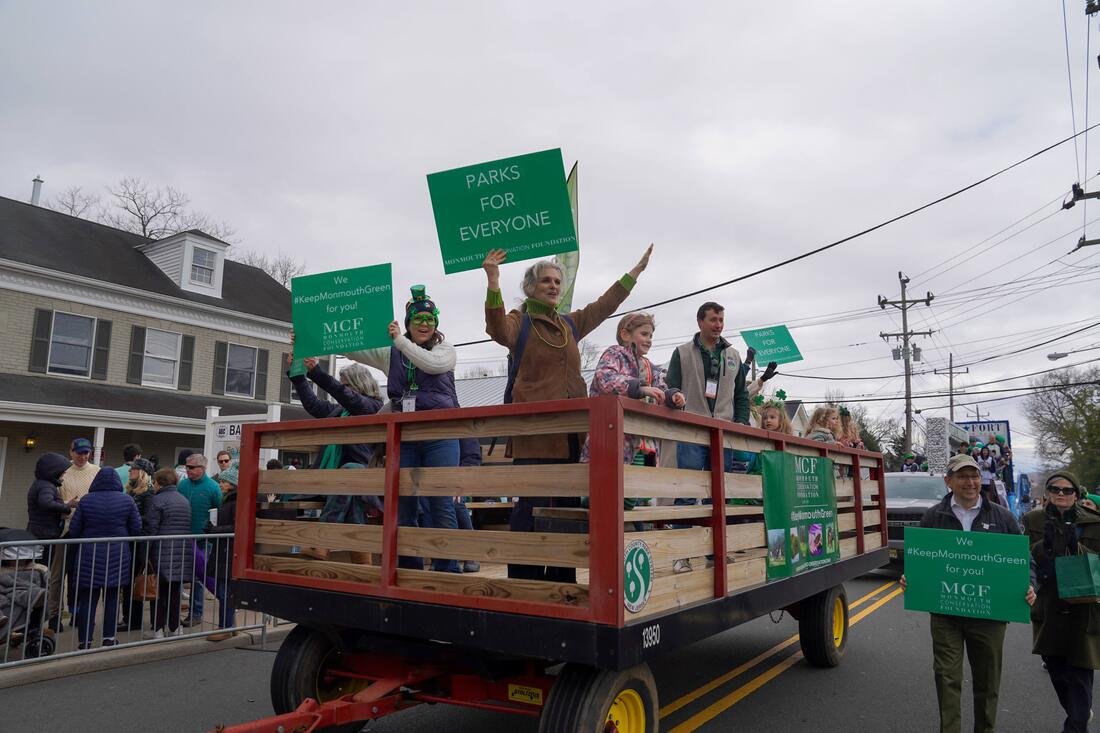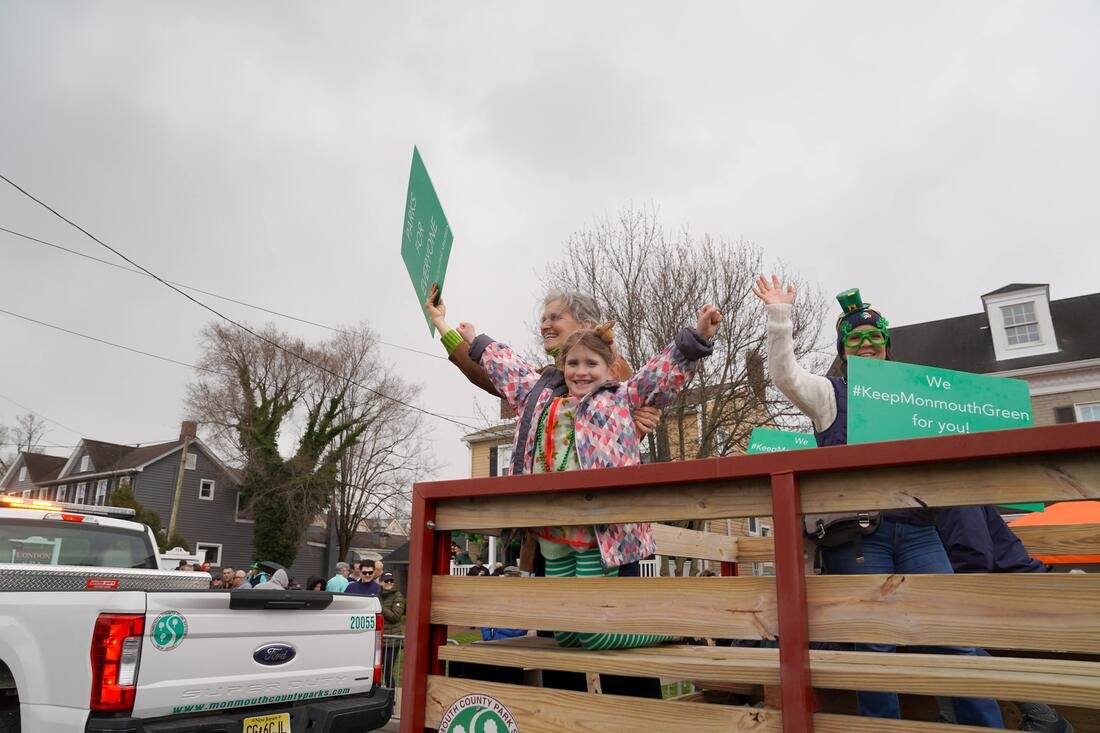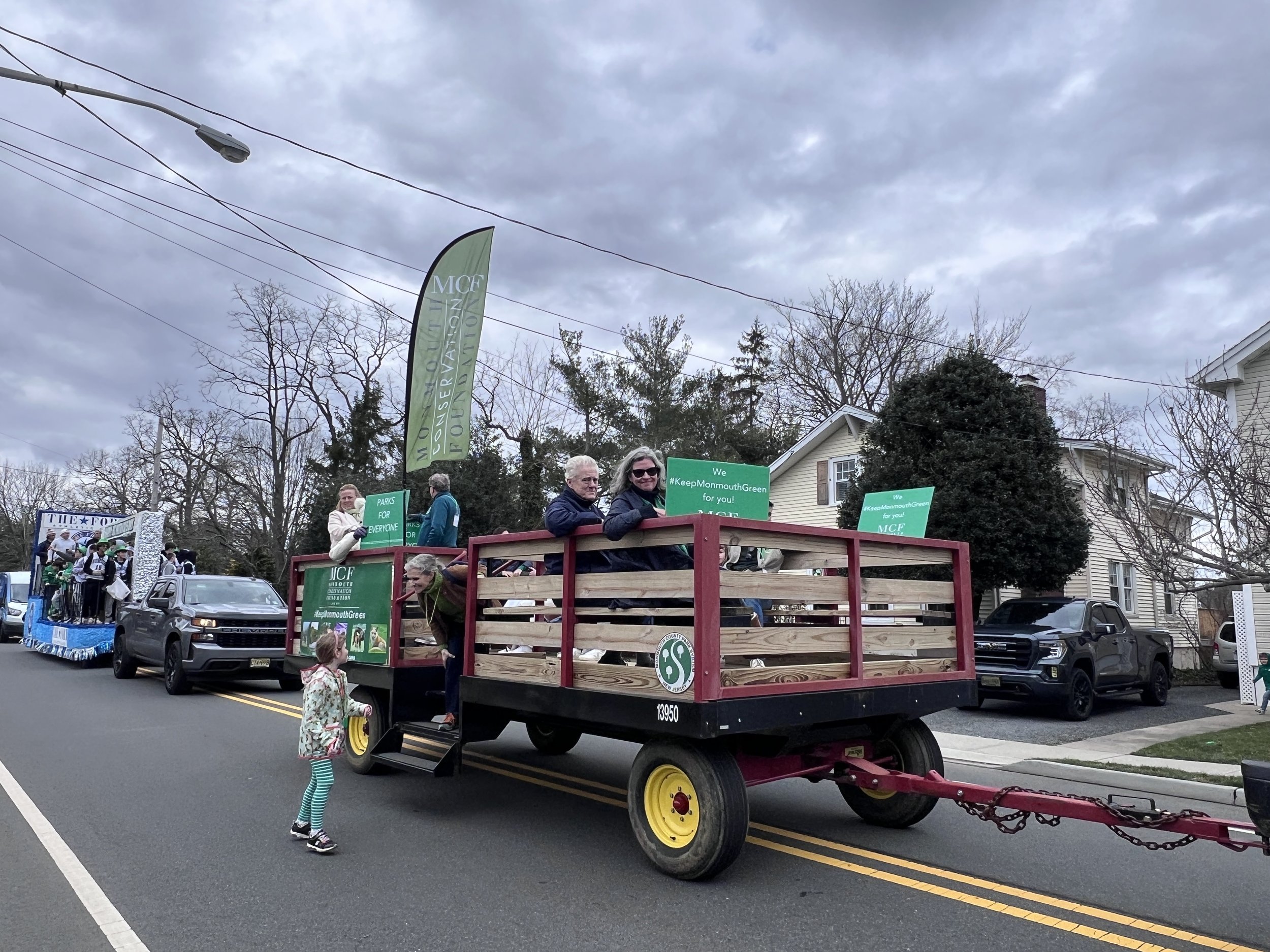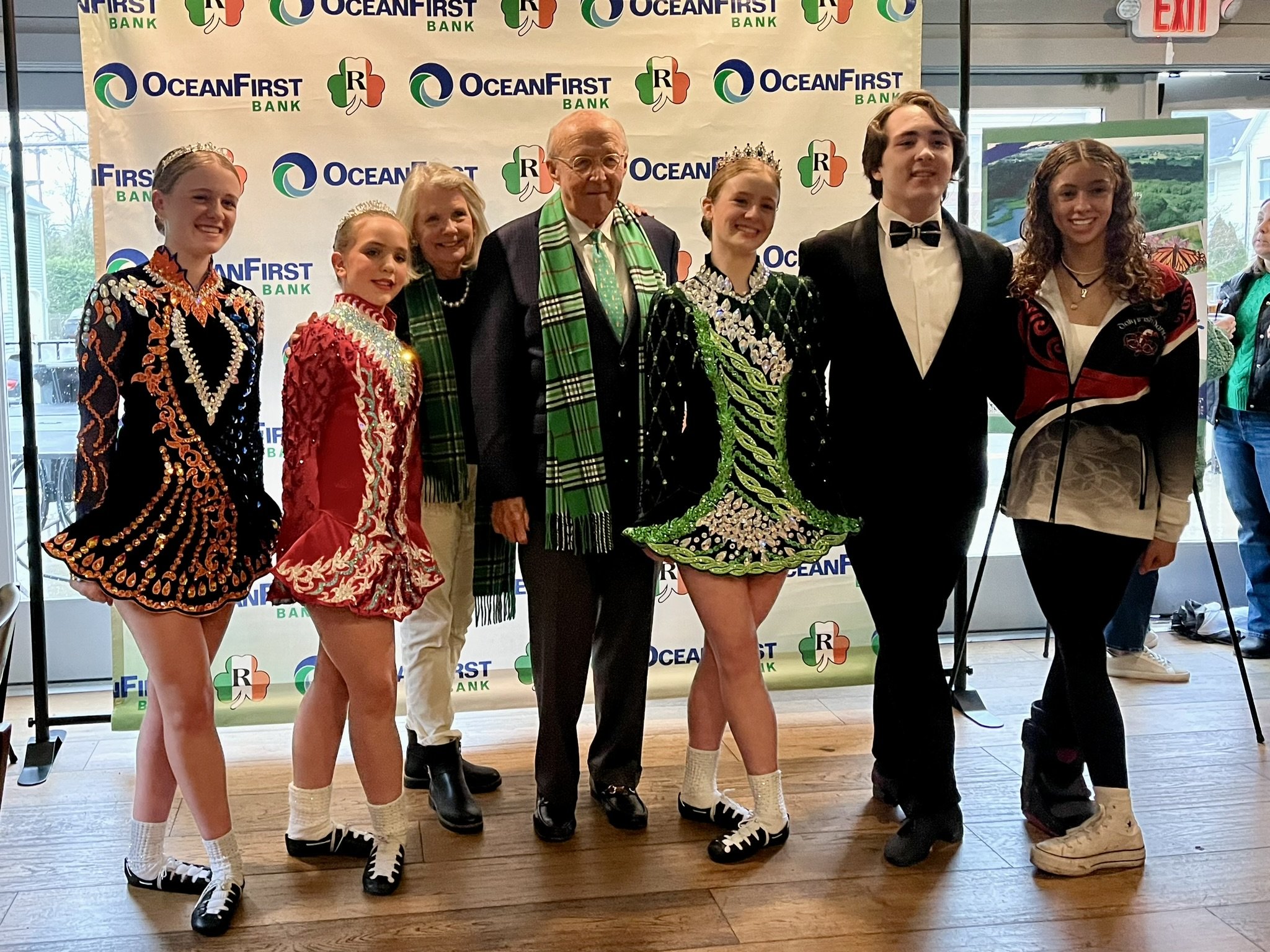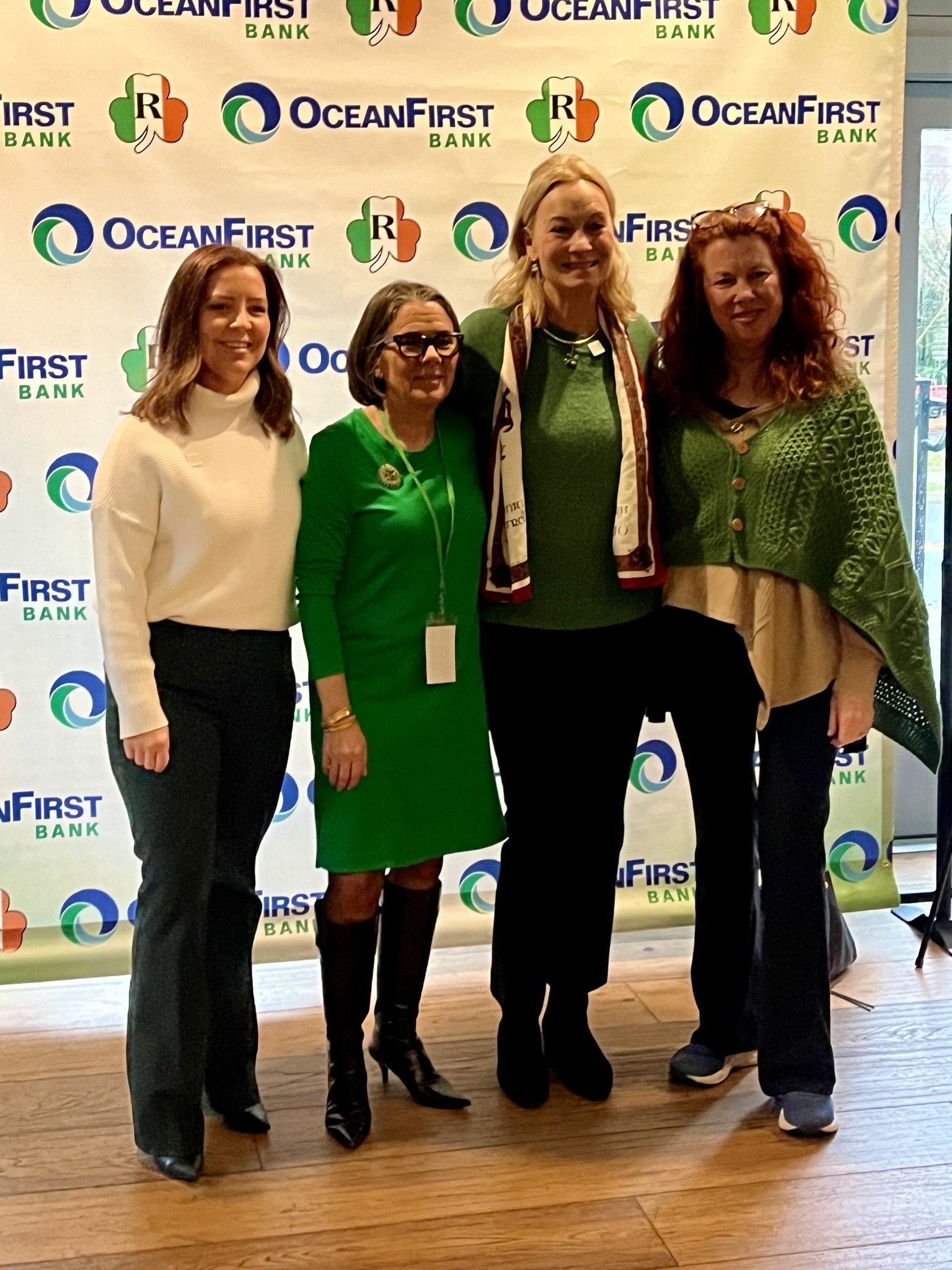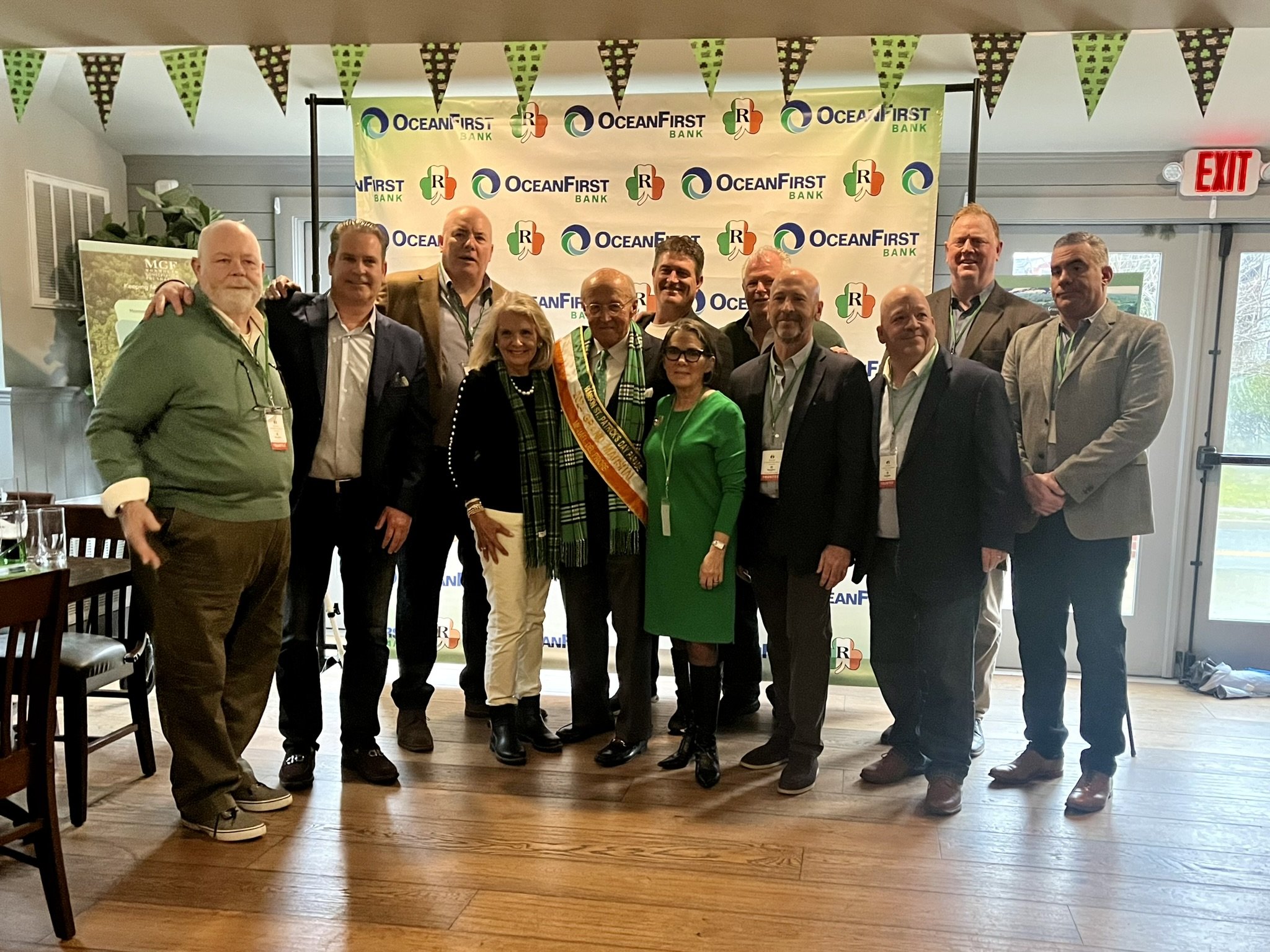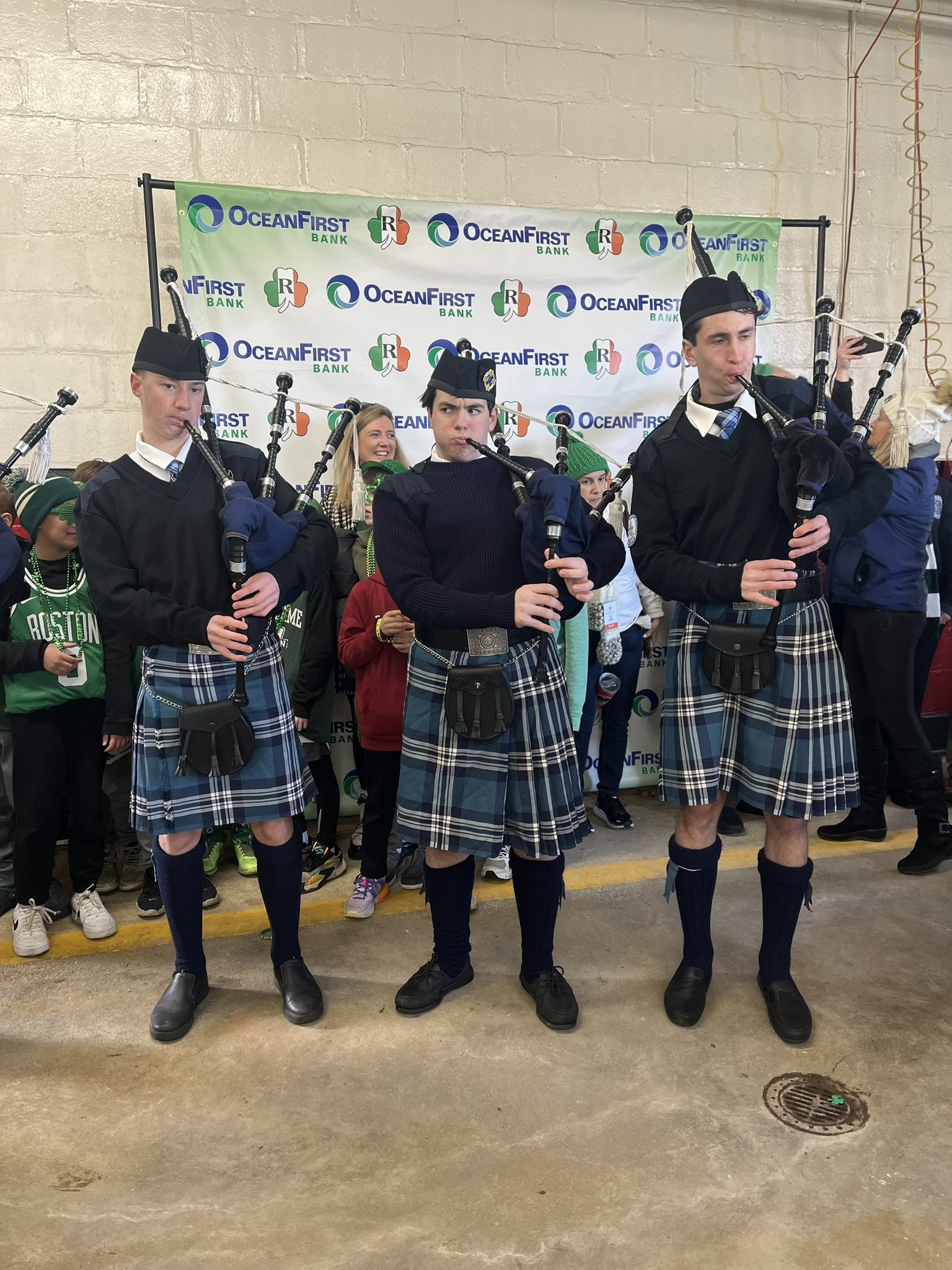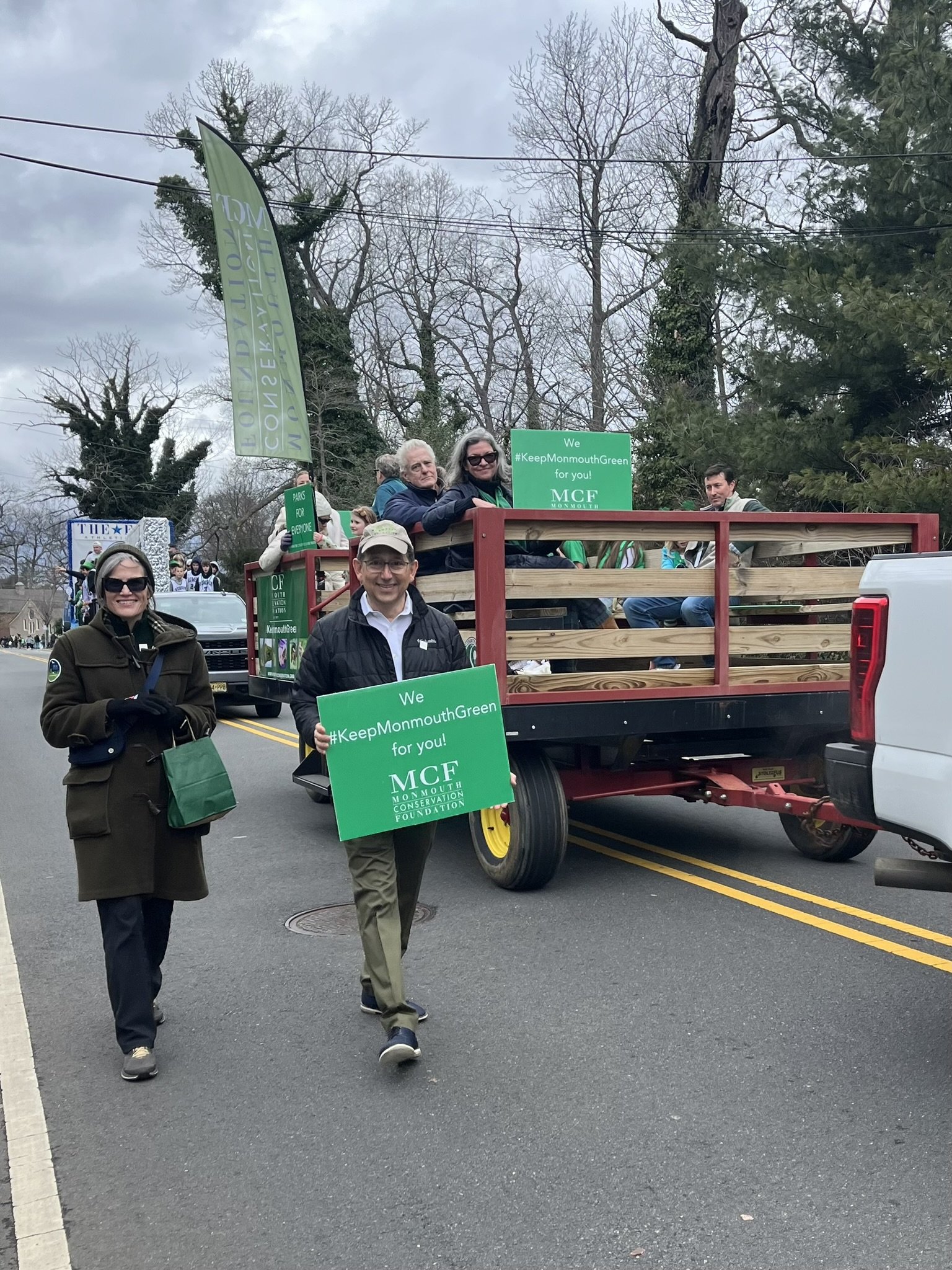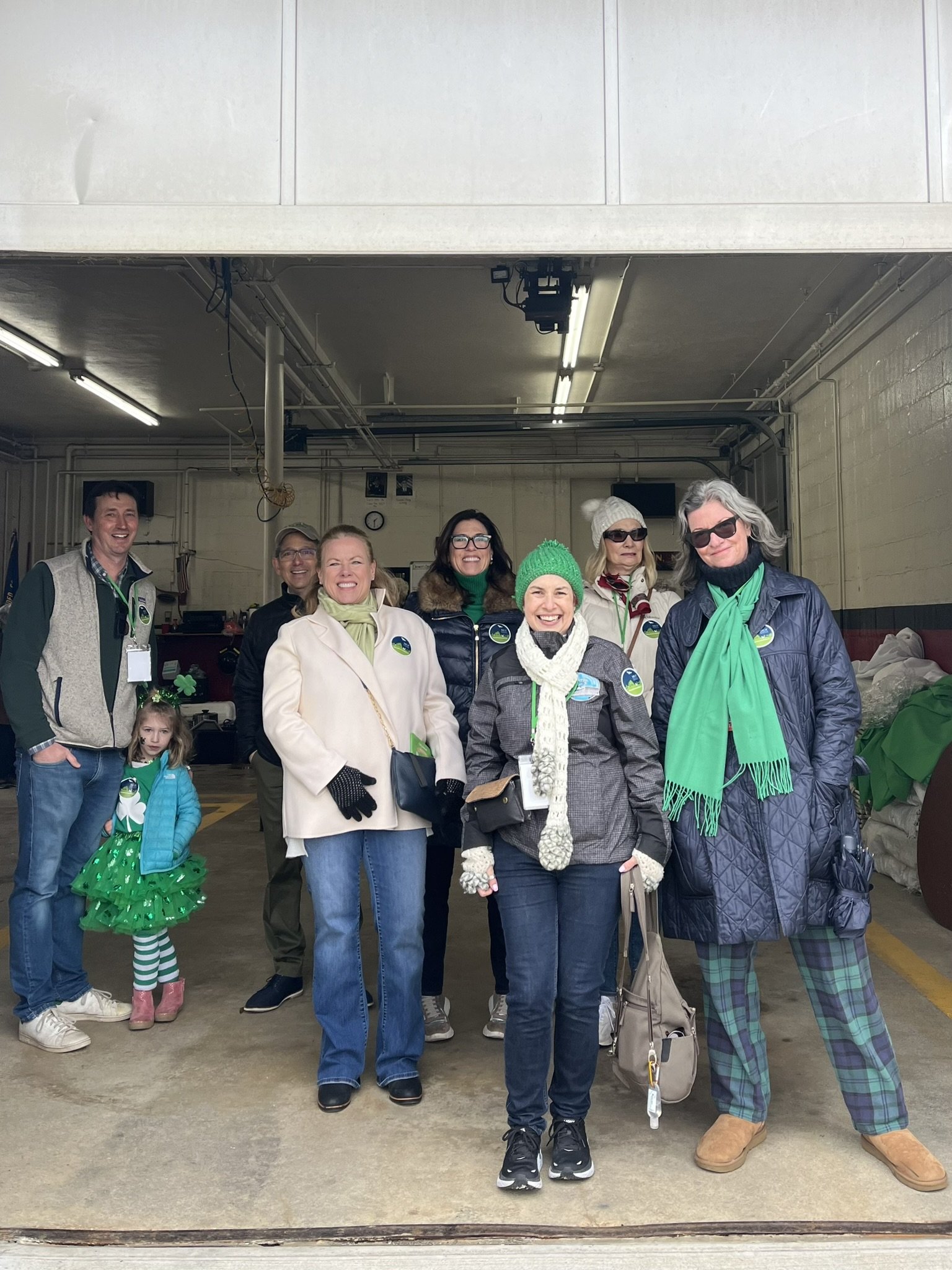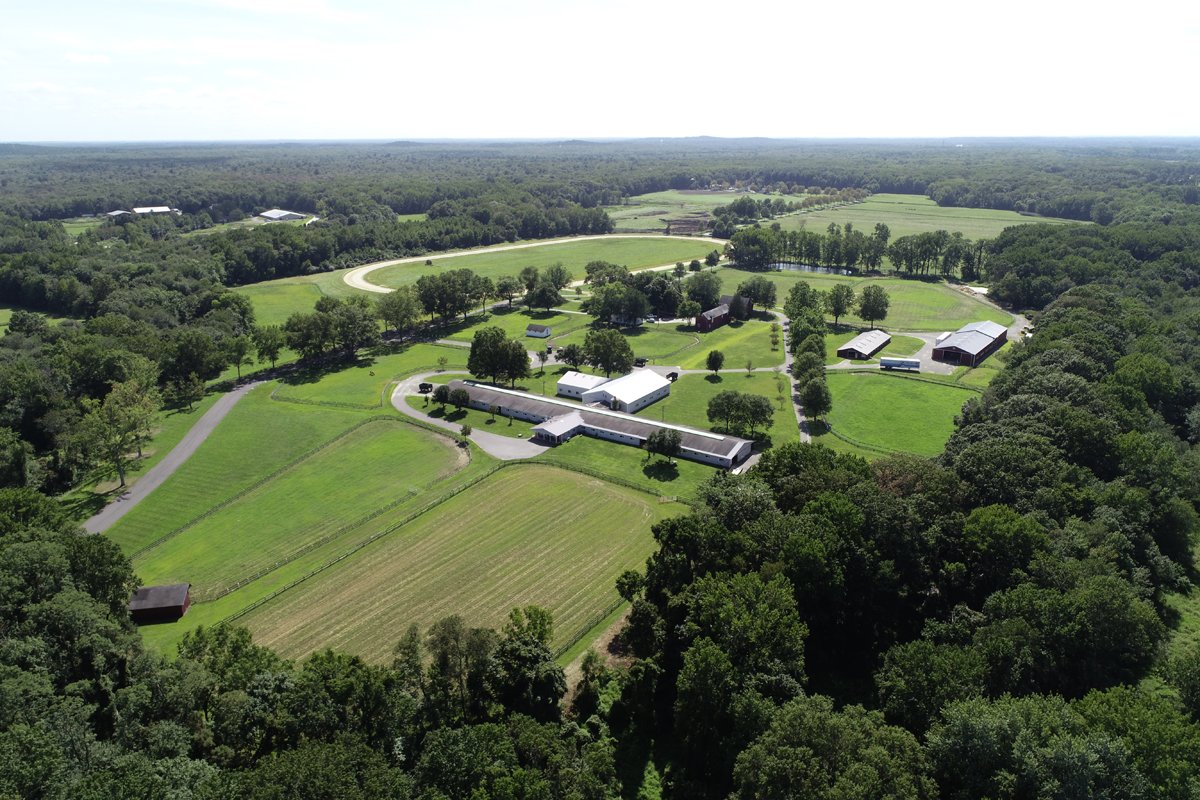Aerial image of a portion of Freneau Woods Park. Photo by Fred Yahn, Eagle Drone Solutions
Nestled in the tranquil northwest corner of Monmouth County, Freneau Woods Park is a testament to the power of conservation. Since its creation approximately a decade ago, the Park has expanded to an impressive 335-acre Monmouth County regional park. Its growth is the result of dedicated efforts of the Monmouth County Park System (MCPS) and many partners, including MCF, to preserve the land around Matawan Creek and Lake Lefferts. In October 2024, the County purchased an additional 22-acre property – one of the last undeveloped tracts in the vicinity – to expand the park. MCF congratulates our partners at the County and thanks the landowners involved. We are honored to have played a role in this recent acquisition and to have helped protect this historically and environmentally significant treasure.
Today Freneau Woods Park spans from Aberdeen and Matawan to Marlboro, comprised of permanent green space that may otherwise have been destined to become high-density housing and subdivisions. The recent 22-acre addition represents a major feat in our densely populated Garden State.
“Freneau Woods has become a very popular park for hikers and wildlife enthusiasts. We are happy to be able to secure additional acreage to give residents more opportunities to enjoy the natural resources at this beautiful park,” remarked Monmouth County Commissioner Deputy Director Ross Licitra, as he expressed this gratitude for MCF’s assistance with the recent Freneau Woods Park acquisition.
Freneau Woods Park Origins
Photo by Jena Cosimo
A park as expansive as Freneau Woods Park, you can imagine, takes shape through a series of events. More than two decades ago, negotiations with landowners began as visions for the Park were initiated. MCPS aimed to create new open space that would provide passive recreation, connecting the community to the nearby Henry Hudson Trail and giving residents easy access to additional parks like Bayshore Waterfront Park/Monmouth Cove Marina, Deep Run Recreation Area, and Big Brook Park. They also sought to protect the rich natural resources and diverse habitats in the area, while safeguarding the Matawan Creek Watershed and Lake Lefferts, a key water source.
The County acquired the first few parcels in November 2014 and purchased additional acreage representing the majority of the present day park by the end of 2016. While MCPS led the multi-property acquisition and provided the lion share of funding, MCF played an integral role in facilitating the acquisition of much of the park’s current acreage. Additional partners included the New Jersey Department of Environmental Protection (NJ DEP) Green Acres program, the Trust for Public Land, and Aberdeen Township.
“Acquiring over 300 acres of land like Freneau Woods is no small feat. It requires persistence, patience, and collaboration,” says MCF Executive Director William Kastning. “We’re proud to have been part of the conversation with landowners and our partners that work tirelessly to support land preservation for Monmouth County residents.”
A Revolutionary War Legacy
Today’s Freneau Woods Park footprint was part of a larger area owned by the Freneau family. During the 1700s’, American Revolutionary War poet and newswriter Philip Morin Freneau wrote about the forests, fields, and the wildlife surrounding him.
“I frequently walk into the fields over the cultivated farms and through the little forests that lay beyond the two rivers…What most of all disgusts me in these excursions is that men seem too much to have strayed from the grand simplicity of Nature…,” he published in the Jersey Chronicle of July 4, 1795.
Today, nearly a quarter-century later, the lands that once inspired Freneau are protected forever because of partners’ collaborative efforts and community support. Freneau Woods Park offers enhanced public access for walking and bicycling and features diverse habitats like dense woods, open fields, and water bodies including Lake Lefferts, freshwater ponds, vernal pools, and streams that support nesting birds such as egrets, fish, snapping turtles, and frogs.
Photos by Jena Cosimo









